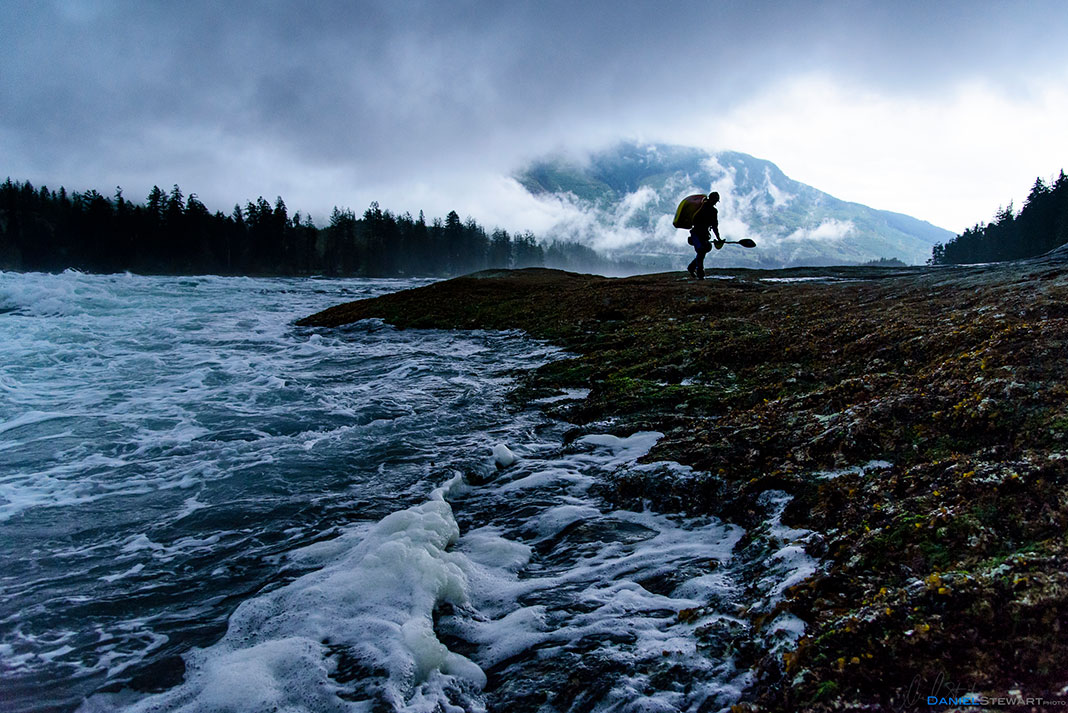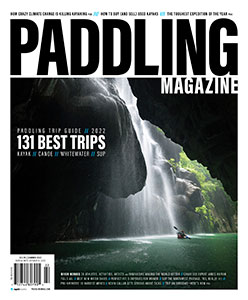Products You May Like
Feeling stressed about nailing that new freestyle trick? Rest assured, no matter your skill level you’re not alone—expert whitewater paddlers still struggle with advanced moves and even some basic ones. But what’s the most difficult trick to master? We quizzed ten pro boaters on the river moves that still make them sweat.
10 pros on the hardest river moves you’ll ever make
“I have been working on the air screw since 2016. I still fall on my face all the time!”
— Brooke Hess
“For me, it was the tricky woo. And then trying to work out how to do it the other way.”
— Ottilie Robinson Shaw
“To pull out and be in the front, paddling your own true lines.”
— Mariann Saether
“It’s a skill to be able to bring the mission together. The remote location, the right gear, a committed and experienced crew, logistics permits and scenario planning and then just stepping over the line.”
— Mike Dawson
“The hardest move is to win over your small ego.
Don’t listen too much to that little bastard.”“It’s not helpful.”
— Olaf Obsommer
“Bad habits can get in the way of any trick. The straight air screw is hard not because the move is hard, but because I have years of a bad habit I naturally go to.”
— Emily Jackson
“In small freestyle features, probably the tricky woo. On waves, it’s doing combos out of the air screw. On waterfalls, probably the cobra flip.”
— Dane Jackson
“The Rush Sturges version of the ear dip. And everything in modern hole boating looks impossible to me.”
— Benny Marr
“Your very first roll. It is at the very start of your kayaking career and there are so many different aspects of this move paddlers need to overcome. Understanding movement in a 360-degree sphere, in a dynamic environment, all the while you take away the ability to breathe. Once you’ve mastered this move, everything else builds upon it.”
— Melissa Del Marie
“For me, it’s to be patient and let go. If I had to pick the hardest though, it would be the forward stroke. We often take it for granted and believe we know how to paddle forward when it takes constant questioning and readjustment to be as efficient as one can be.”
— Nouria Newman
What can run but never walks, has a mouth but never talks, has a head but never weeps, has a bed but never sleeps? Answer on page 8. | Feature photo: Daniel Stewart
This article was originally published by Paddlingmag.com. Read the original article here.

 This article was first published in the Summer 2022 issue of Paddling Magazine.
This article was first published in the Summer 2022 issue of Paddling Magazine.